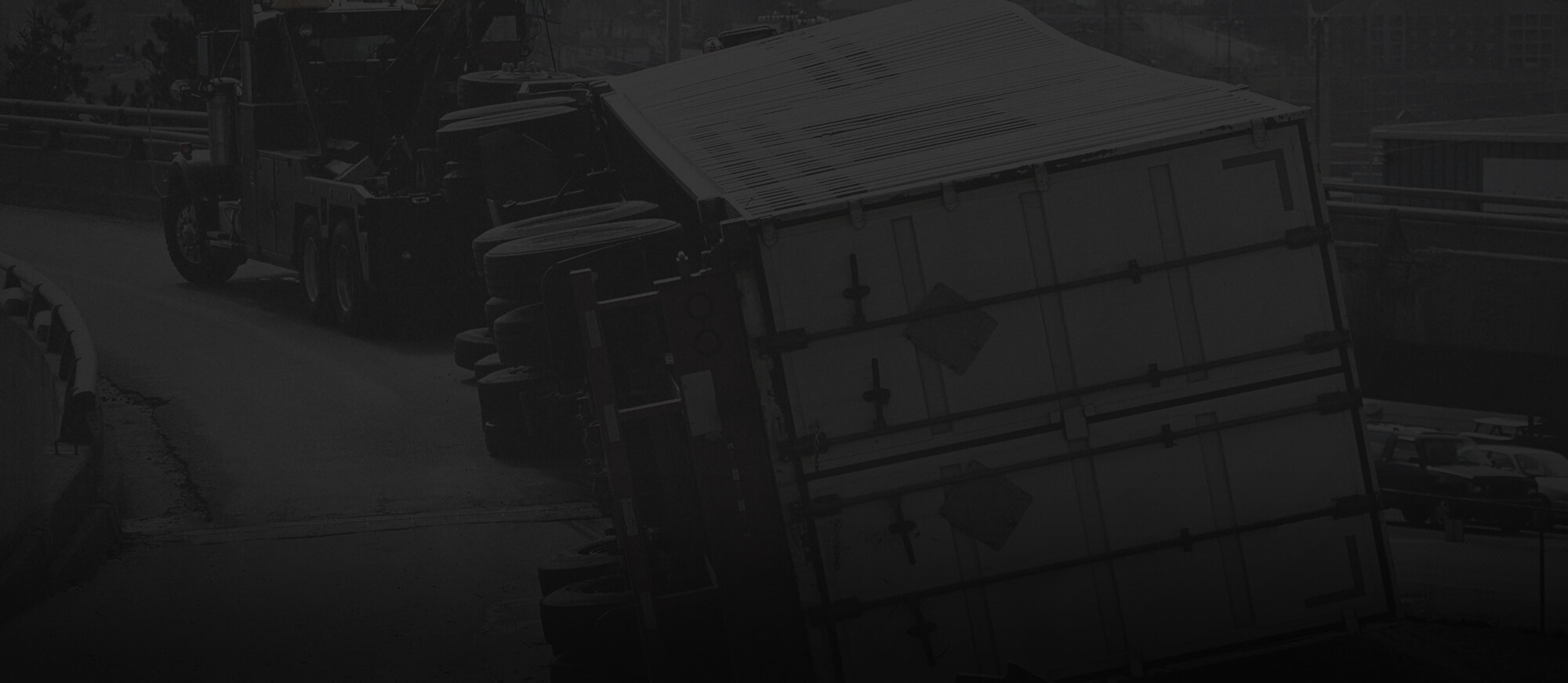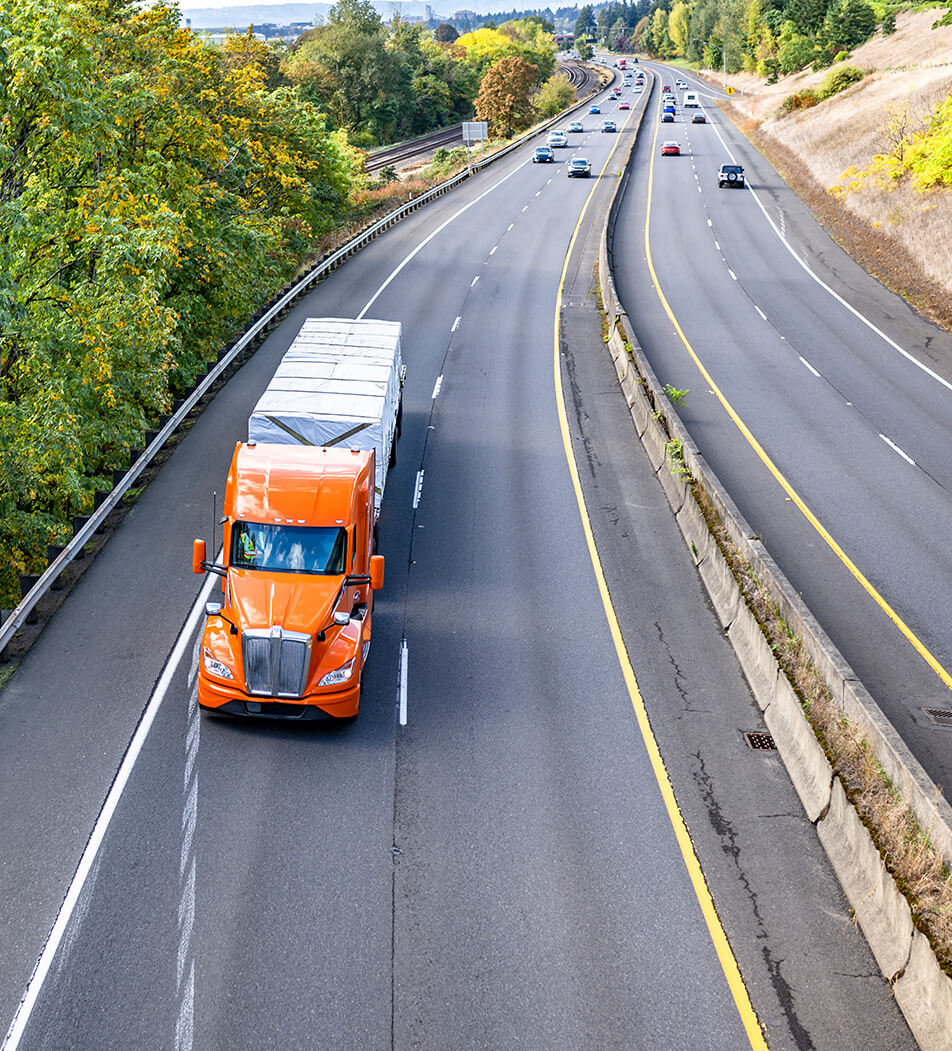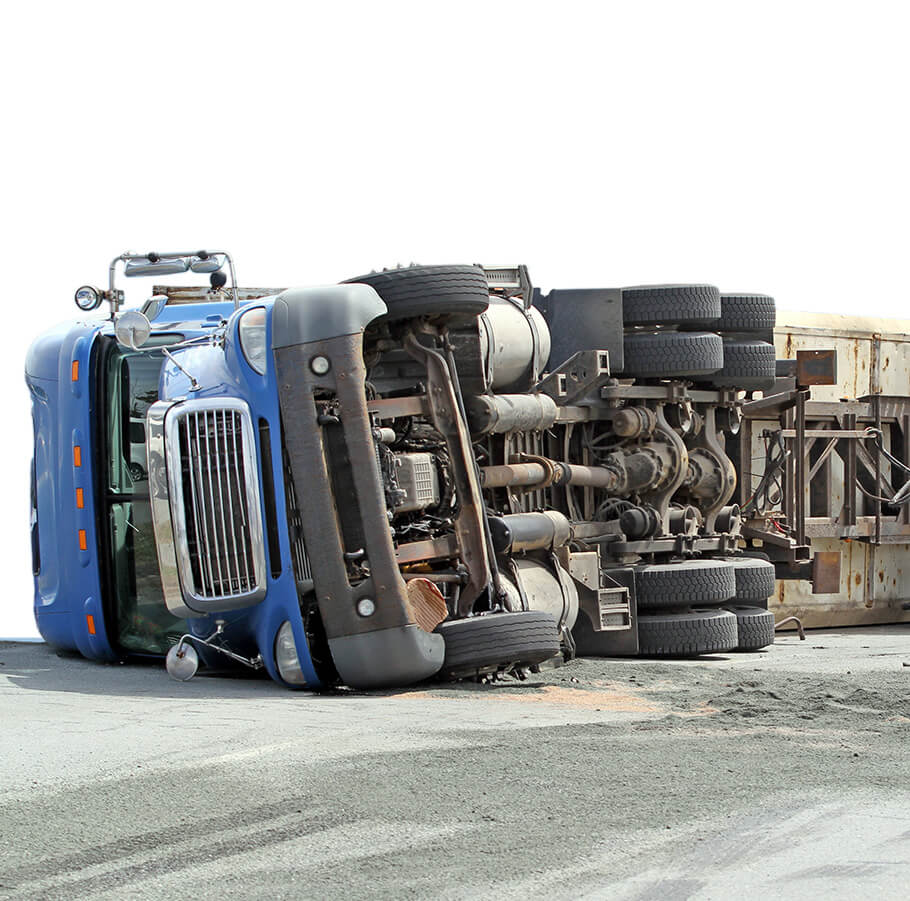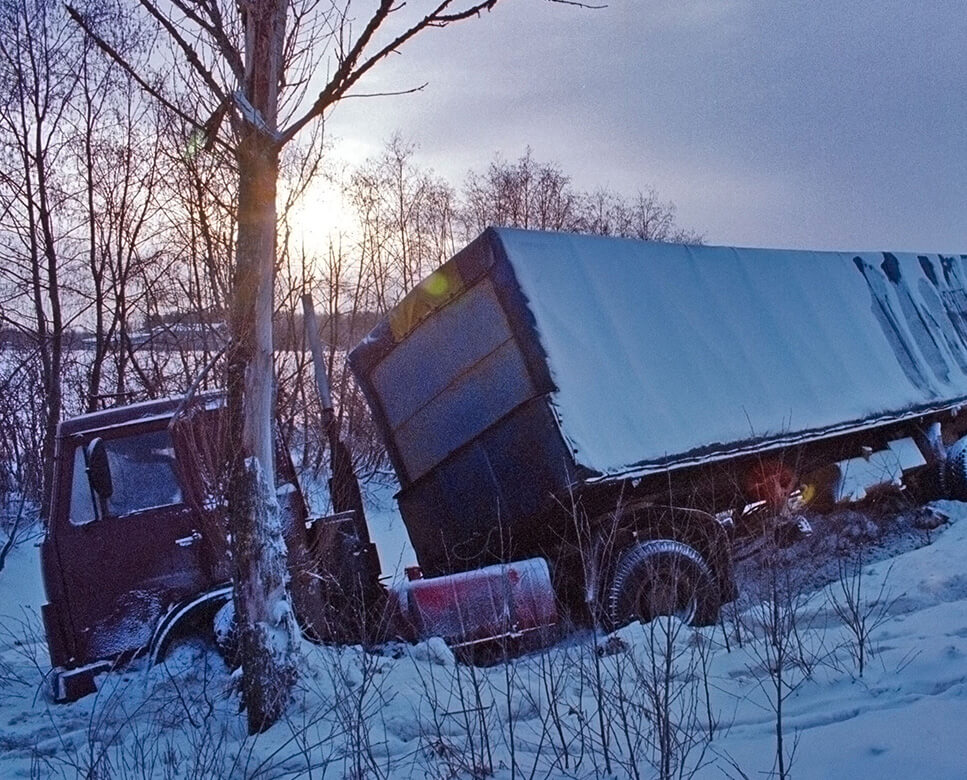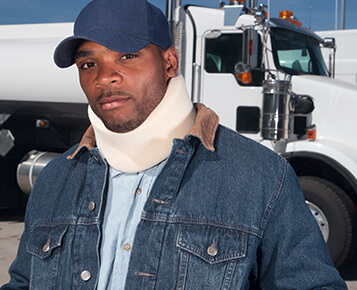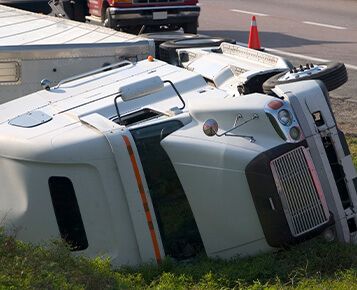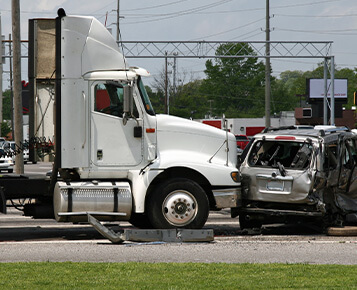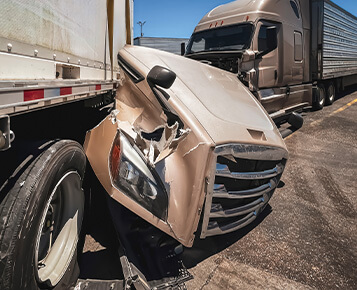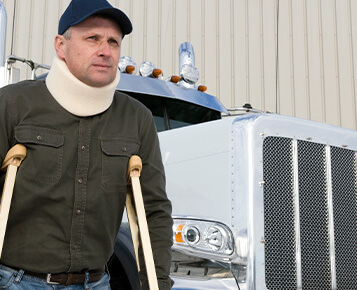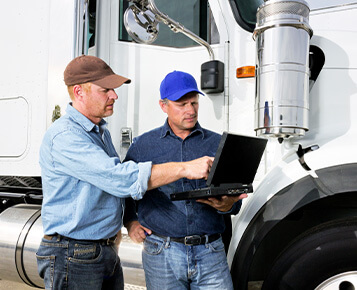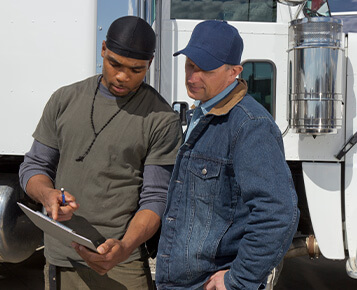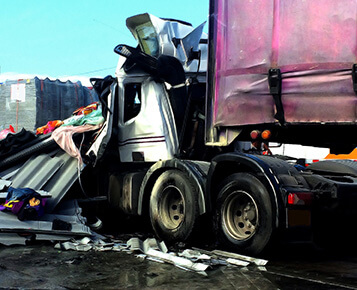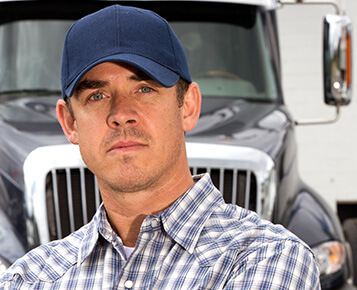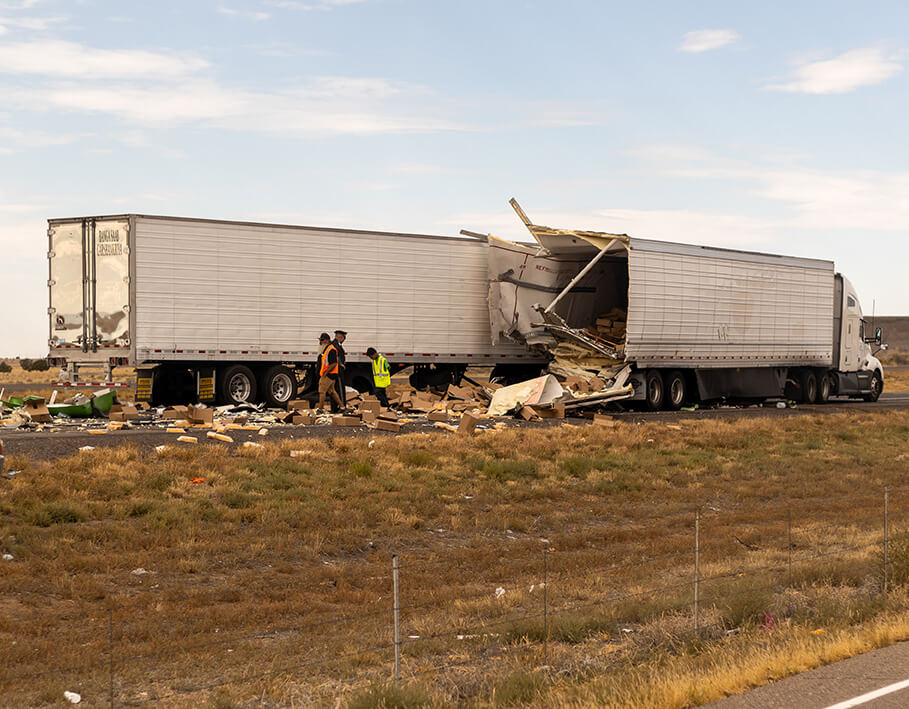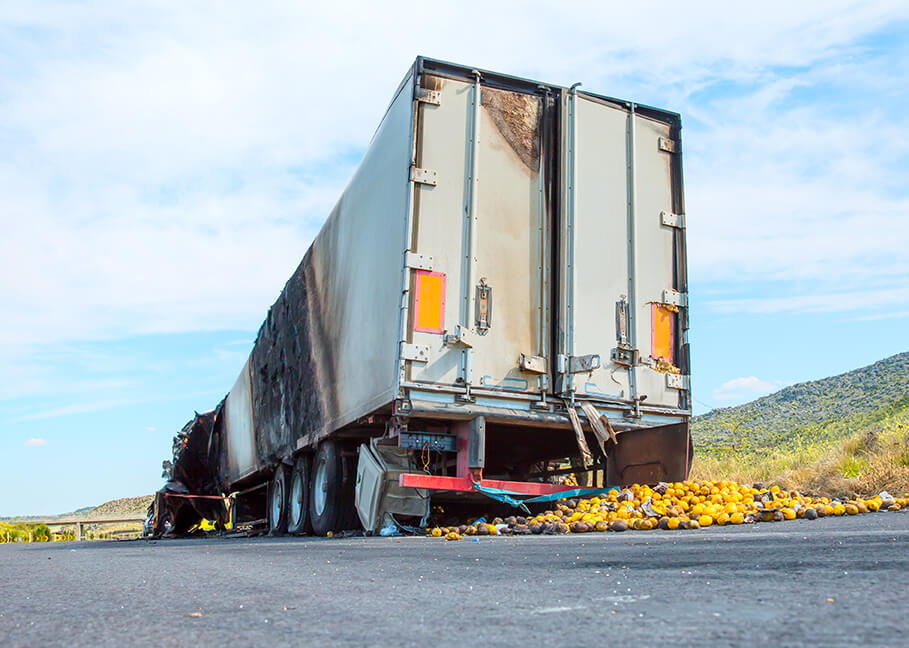- Check for injuries
Assess whether anyone needs emergency medical treatment.
- Contact 911: An officer will speak to everyone involved in the accident and prepare a police report.
- Document Information
Exchange relevant information with all drivers involved in the collision, including their names, contact details, driver's license numbers, and insurance information
- Collect Witness Information
Get names and phone numbers of any witnesses who saw the accident.
- Obtain Evidence
Obtain any evidence that may be useful when filing an insurance claim or pursuing legal action. Take pictures and videos of your injuries, the vehicles involved in the crash, the weather conditions at the time of the incident, skid marks on the street, traffic signs near the scene, or other helpful pieces.
- Seek Medical Attention
Sometimes the onset of pain occurs 24 or 48 hours after an accident. Seek the appropriate medical treatment for these injuries and obtain a medical report.
- Notify Insurance Company
Notify your insurance company of the accident and provide information about the others involved as soon as possible.
- Consult an Attorney
Contact Tusler Law to fight for your rights and get you the compensation you deserve.


